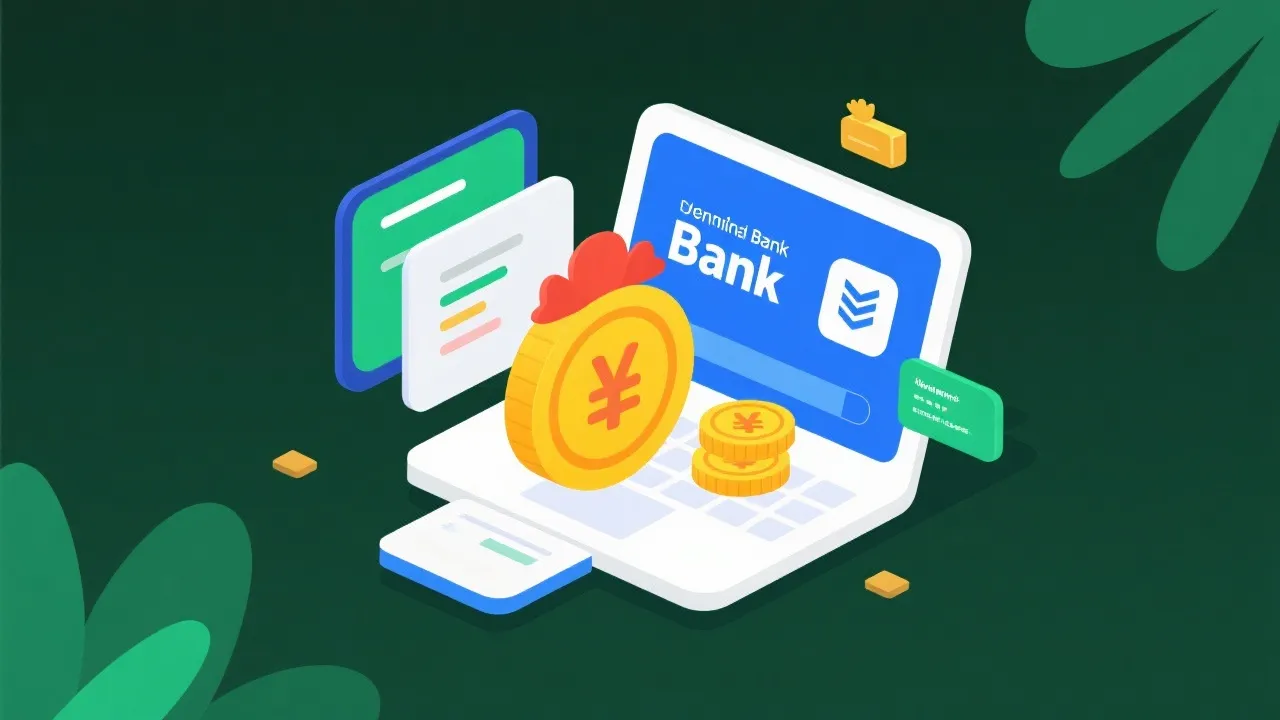Effective Debt Management: Online Solutions and Interest Rates Tips
Debt management is a critical component of personal finance that can significantly impact an individual's financial stability and overall well-being. With the ever-evolving financial landscape, especially in the age of digitalization, individuals must explore effective online solutions to manage their debts better. Additionally, understanding interest rates is vital as it plays a significant role in determining the cost of borrowing. This article aims to provide practical insights into effective debt management, online resources, and tips regarding interest rates.

Online Solutions for Debt Management
- Debt Management Apps: Numerous apps are available that allow users to track their debts, create repayment plans, and monitor their progress. Some popular options include:Mint: This financial management software enables users to track spending, set budgets, and manage debts in one application, providing a comprehensive view of one's financial health.You Need a Budget (YNAB): YNAB helps users implement a zero-based budgeting method, encouraging proactive debt management.Debt Payoff Planner: This app allows users to input their debts and visualize various repayment strategies like the avalanche or snowball methods.
- Online Financial Advisors: Various platforms connect users with certified financial advisors who can offer personalized debt management strategies. Websites like SmartAsset or NerdWallet can help find qualified advisors based on individual needs.
- Credit Counseling Services: Many non-profit organizations offer online credit counseling. These services can help individuals understand their options, negotiate with creditors, and set up debt management plans. Websites such as National Foundation for Credit Counseling (NFCC) provide valuable resources and can direct users to accredited counselors.
- Debt Consolidation Tools: Online lenders offer options for debt consolidation loans, which can combine multiple debts into one payment, often at a lower interest rate. Platforms like **SoFi**, **LendingClub**, and Marcus by Goldman Sachs can provide personalized loan offerings.
Understanding Interest Rates
Interest rates are crucial when it comes to any borrowing decision. They dictate how much you will pay over time and can vary significantly across different lenders and types of loans. Here are some tips to help you navigate interest rates effectively:
- Compare Rates: Utilize online comparison tools like Bankrate or Credible to examine offers from multiple lenders. Even a slight difference in interest rates can save you significant money over a loan's lifetime.
- Know the Type of Rate: Understand whether the interest rate on your loan is fixed or variable. Fixed rates remain constant throughout the loan term, while variable rates might fluctuate based on market conditions, potentially leading to higher payments in the future.
- Be Aware of APR vs. Interest Rate: The Annual Percentage Rate (APR) reflects the annual cost of borrowing, including interest and fees, providing a clearer picture of what you will pay. It’s essential to look at APR when choosing a loan.
- Consider Your Credit Score: Your credit score significantly influences the interest rate you qualify for. Maintaining a strong credit score can lead to better rates. Regularly check your credit score through free services to ensure you are in good standing.
- Negotiate When Possible: Don’t hesitate to negotiate with lenders. If you have a good credit score, you may have leverage to ask for lower rates or better loan terms.
FAQs
Q1: What is the best debt repayment strategy?
A1: The best strategy largely depends on individual circumstances. The snowball method (paying off smallest debts first) can provide psychological wins, while the avalanche method (focusing on high-interest debts) may save more money in interest over time.
Q2: How can I improve my credit score?
A2: You can improve your credit score by making on-time payments, reducing debt utilization, disputing inaccuracies on your credit report, and avoiding new hard inquiries.
Q3: What should I do if I’m overwhelmed by debt?
A3: Consider speaking with a credit counselor for personalized advice. It may also be prudent to explore debt consolidation or even bankruptcy options, depending on your situation.
Conclusion
Effective debt management requires a combination of understanding one’s financial position, utilizing available online tools, and having a firm grip on interest rates. By leveraging technology and gaining knowledge, individuals can devise strategies that not only help manage but also reduce their debt over time.
For more information and resources on managing debt and understanding financial concepts, consider visiting the following websites:
- National Foundation for Credit Counseling
- Mint
- Bankrate
By implementing these strategies and utilizing the resources available online, individuals can reclaim control over their financial futures.
-

A Guide to Cost-Efficient Small Electric Cars for Seniors
-

Mastering Debt Consolidation: Boost Your Credit Score and Manage Interest Rates
-

Your Guide to Loans, Credit Checks, and Interest Rates
-

Affordable Independent Living: Finding the Right Senior Housing
-

Guide to Senior Living Apartments: Affordable and Comfortable Environments








